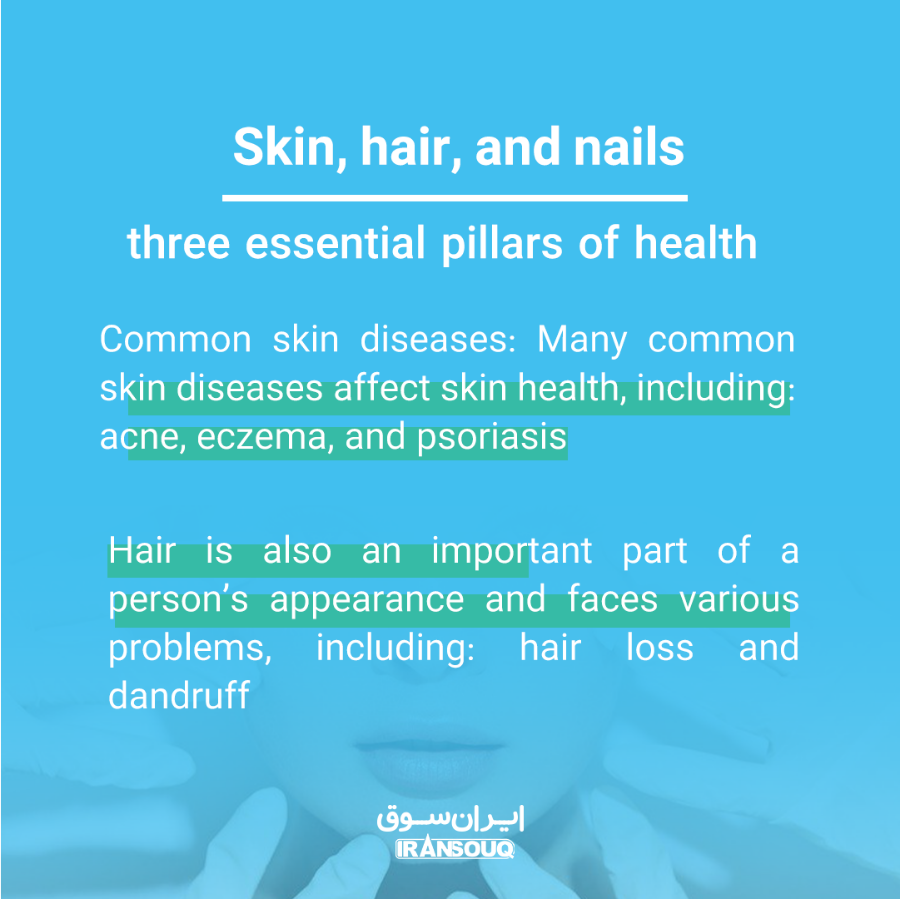
Introduction
Dermatology is a branch of medicine that focuses on the diagnosis and treatment of diseases related to the skin, hair, and nails. The skin is the largest organ of the human body and serves multiple functions, including protection, temperature regulation, and sensing the surrounding environment.
Common Skin Diseases
Several common skin diseases affect skin health, including:
Acne: This is one of the most prevalent conditions among teenagers, caused by clogged pores and increased oil secretion. Treatment often includes the use of antibiotics and retinoids.
Eczema: A chronic condition that leads to itching and inflammation of the skin. It is treated by avoiding triggers and using moisturizing creams and corticosteroids.
Psoriasis: An autoimmune disease that causes the formation of red, scaly patches on the skin. Treatment may involve light therapy and immune-suppressing medications.
Hair Care
Hair is also an important part of personal appearance and faces various issues, including:
Hair Loss: This can result from genetic factors, stress, poor nutrition, or certain health conditions. Treatment methods include the use of minoxidil and hair transplantation.
Dandruff: This arises from scalp inflammation. It is treated with anti-dandruff shampoos and natural ingredients like tea tree oil.
Prevention and Care
Prevention is an important aspect of dermatology. Maintaining a balanced diet, drinking adequate water, and avoiding excessive sun exposure help to keep skin and hair healthy.
Conclusion
Skin and hair health reflect an individual’s overall health. We must be aware of potential problems and seek early awareness and treatment to achieve optimal skin health.




